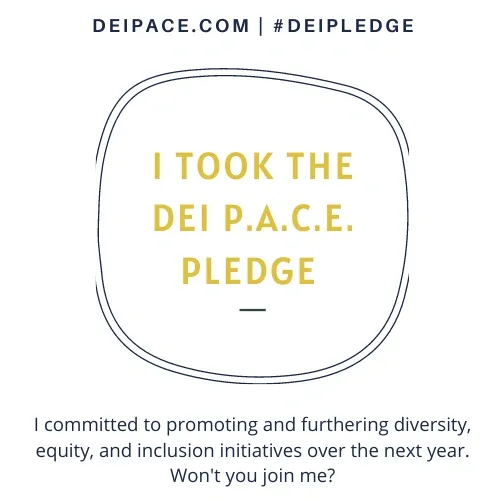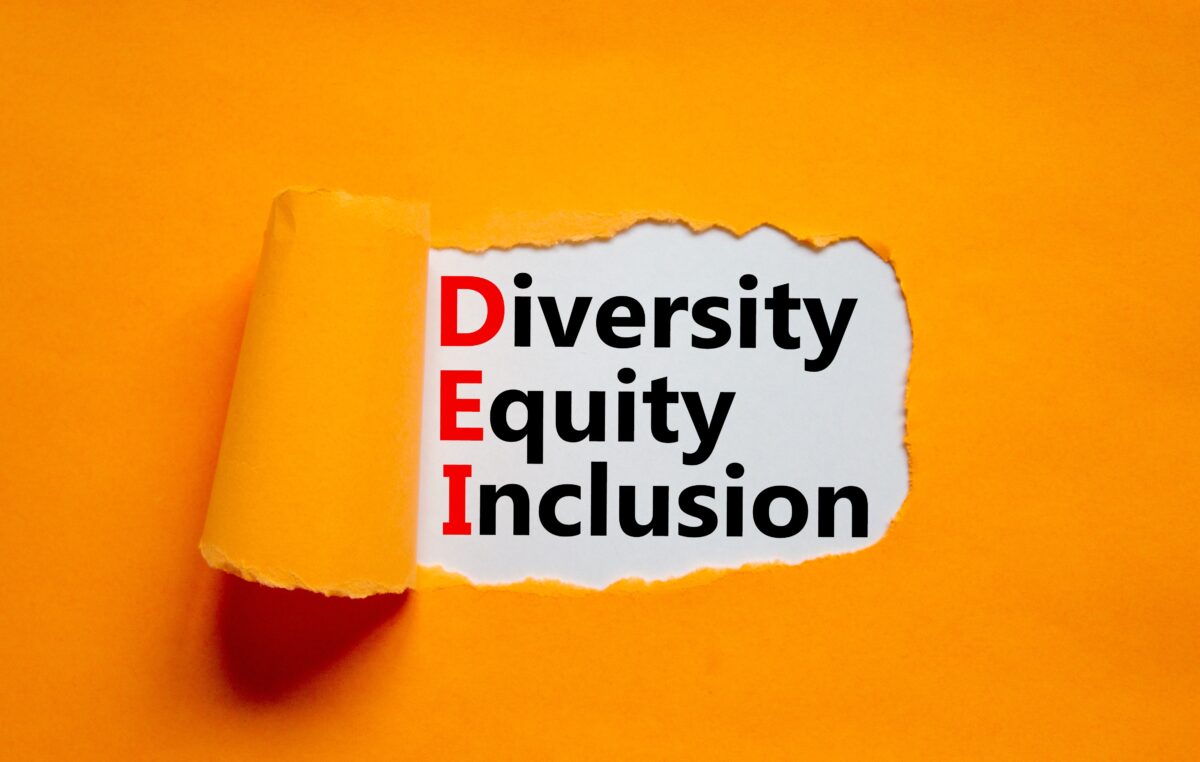With Black History Month upon us, we wanted to reflect on one of our core values: focus on diversity, inclusivity, and equity.
The wine business has been in crisis-mode for several years, centered around its lack of diversity and inclusion. It’s always been there. It was just ignored or discounted by most executives. The pressure built and in 2020 many disparate voices in the industry cried out for change. Many companies and organizations pledged to do better. Some have, including our friends at TEXSOM, who led the way with a concerted and visible effort to shine a spotlight on the issues at hand and work with key individuals who are striving to make a positive impact on diversity, equity, and inclusion. Others, not so much.
Why are Diversity and Inclusion Important?
In 2015, world-renowned management consulting company, McKinsey & Company began conducting research into diversity and inclusion in the workplace. Since then, they have published three reports on the subject: Why Diversity Matters (2015), Delivering through Diversity (2018), and Diversity wins: How inclusion matters (2020).
Their findings in 2015, were that those companies at the top of the diversity scale were more innovative, competitive, and delivered better financial returns than those competitors who didn’t embrace diversity. Their latest report shows not only that “the business case remains robust” but also that “the relationship between diversity on executive teams and the likelihood of financial outperformance has strengthened over time.”
In a follow up article (Diversity still matters), they summarize, “When companies invest in diversity and inclusion, they are in a better position to create more adaptive, effective teams and more likely to recognize diversity as a competitive advantage… Diverse teams are more innovative—stronger at anticipating shifts in consumer needs and consumption patterns that make new products and services possible, potentially generating a competitive edge.”
Many consider diversity in the workplace as simply being a social issue. It’s more than that…it’s an economic consideration. It’s simple… if you want to better compete in the very crowded field of the wine business, greater diversity is a competitive advantage.
As a marketing agency, the Balzac team is composed of free thinkers and creative geniuses. We value the disparate voices, cultures, and ideas. It makes for a richer tapestry of thought. It’s one of the things that sets us apart from other agencies, and our clients appreciate it. Embracing diversity, inclusion, and equity makes us a better company.
DEI: What now?
Let’s assume that I’ve convinced you of the ‘why’ of diversity, inclusion, and equity. Now, how about the ‘what’? How can you embrace inclusion and equity to ensure your workplace is a space where everyone belongs?
First, let me state that Balzac definitely does not have it all figured out. We embrace the principles and try to live by them, but we aren’t the experts. We’re just lending our voices of support for something we value and believe in.
Thankfully, many leaders have emerged over the past few years to help us all understand the issues, help support those who need it, and guide the conversation in a constructive and positive way. If you haven’t already, we suggest that you check out the following organizations and engage with the leaders involved.
Wine Unify
You know you’ve been at it for a while, when you start to think, “I remember when he/she was just a…” I first met Martin Reyes in 2011, when he began teaching WSET courses, and I was his mentor (briefly). Since then, I’ve seen him rise like a rocket to be one of the stars of the industry, joining the elite echelon of the Masters of Wine (he’s the first MW of Mexican descent), being named one of Wine Enthusiast’s Top Forty under Forty Tastemakers in 2015. We’ve remained friends throughout. Today, he is one of the strongest voices on diversity in the wine biz. Together with Mary Margaret McCamic (another Master of Wine), who’s another rockstar I’m fortunate to know, and DLynn Proctor, a wine industry veteran of 20 years, they launched Wine Unify. Their mission is to welcome, elevate, and amplify the voices of underrepresented minorities through education. Please consider donating to assist in this worthy cause.
The Hue Society
Tahiirah Habibi is a vocal proponent of addressing DEI issues in the wine business. She started the Hue Society as an organization striving to increase black, brown, and Indigenous representation and access in the wine industry. They do this by connecting a prominent community of innovators, sommeliers, and winemakers, with a rapidly growing population of Black wine enthusiasts. Some of their core values include: dismantling racism through communal JOY and Healing; and creating equitable spaces that redistribute power and resources while providing tools/support for advancement, success and wealth.
Black Wine Professionals
I’ve known Julia Coney for years. From the moment I met her, I knew this was someone who was going to make an impact. I was right. She’s been called out as one of the most influential black voices in wine, has spoken at innumerable conferences, and her written work is featured in the industry’s leading publications. Now, I’m just happy to be in her orbit somewhere. Julie is the founder of Black Wine Professionals, which is a resource for wine industry employers and gatekeepers, professionals, and the food and beverage community.
Lift Collective
In 2019, Lift Collective started as a platform for connecting women in the wine industry while putting out a call to action to change the outdated structures that served only a select few. In 2021, the organization evolved its focus and purpose to tear down the current state of the wine industry and rebuild it to become an inclusive and equitable community that uplifts diverse talent and perspectives. They offer so many great opportunities to underserved professionals, that it would make this article even longer. Just go sign The Wine Industry Equity Pledge. You’ll thank me later.
Wine Country Pride
Wine Country Pride is dedicated to showing up to give support to the LGBTQ+ community and to offer a space in which members and allies can be heard and in which they feel welcome. Launching their first event in 2021, they have now to date raised over $30,000 to provide scholarships to LGBTQ+ youth and support local organizations that advocate for the LGBTQ+ community. Despite being a young organization, they are continuously expanding their programming and initiatives to make a difference in their community. The date for this year’s event has been set for June 25th, 2023, and you can find all the ways you can support or participate in Wine Country Pride 2023 here.
There are many other resources and consultants available to help you with a DEI initiative within your company. We suggest that you start with the above and see where it leads you.
If you’d like to discuss this topic more in-depth, feel free to reach out to me at mwangbickler@balzac.com.
Leader Pledge Commitments
Based on the P.A.C.E. model. Prepare. Assess. Challenge. Execute.
Prepare for the journey. I pledge to make furthering diversity, equity, and inclusion (DEI) a strategic commitment over the next year.
Assess where you are. I pledge to take a thorough assessment of where my workplace/community is on our DEI journey.
Commit to strategic actions. I pledge to determine areas we can grow/improve in over the next year related to DEI. I will approach DEI from a systemic lens. I recognize the journey will require strategic and measurable actions.
Execute the commitment. I pledge to complete at least five strategic actions that will promote DEI over the next year in my workplace and/or community.











